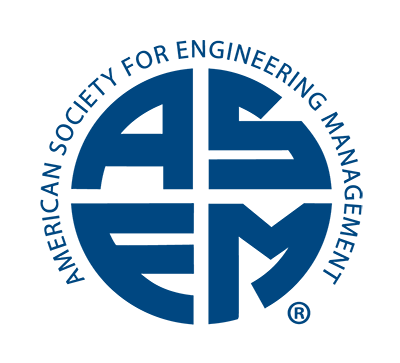Author: Frederick "Ken" Sexe
I recently had an experience with a computer peripheral manufacturer that reminded me of how engineering perceptions affect customer satisfaction. I decided to return a computer peripheral to the manufacturer as it was not compatible with my operating system, something I learned only after plugging it into my computer. The manufacturer had a self-stated “no questions asked” return policy. I called their help line whereupon I was asked why I was returning it. I gave them the reason and my email address and personal details whereupon I was told that I would get an email with the means to ship the item back for a refund. What I got instead was an email stating that since the item was being returned due to an incompatibility issue and not due to a defect I was not entitled to a refund. The email also stated that the compatible operating systems was listed on the website therefore they were not at fault (a check of their website found the operating systems listed as a link to a separate page itself).
In all fairness I confess that I am partially to blame for not understanding the operating system requirements (even though I have bought numerous peripherals for operating systems that are not stated and which work perfectly fine) but the manner in which this was dealt with gave me the impression that the organization was looking for a reason not to give me a refund. I had one organization I purchase accessories from who actually sent me a replacement item after I damaged it due to my own actions. Organizations have flexibility in how they view their policies and as an extension their relationship with their customers and interactions such as these highlight how the organizations themselves are designed to address customer needs.
.jpg) A tendency in engineering design is to identify a particular set of specifications and then build to that while ignoring all else. Any inconsistencies that do not fit within the specifications result in rejection of the part (if it is a part of their design) or as a means to defend themselves against customers requiring something outside of identified specifications (or as a means to charge them for something outside of the specifications). This is especially true in the defense industry where strict specifications are flowed to engineering from the customer, usually someone far removed from the individual that actually has to use the system.
A tendency in engineering design is to identify a particular set of specifications and then build to that while ignoring all else. Any inconsistencies that do not fit within the specifications result in rejection of the part (if it is a part of their design) or as a means to defend themselves against customers requiring something outside of identified specifications (or as a means to charge them for something outside of the specifications). This is especially true in the defense industry where strict specifications are flowed to engineering from the customer, usually someone far removed from the individual that actually has to use the system.
The problem with this approach is that it poses a risk of providing products or services that customers actually do not want. This was true of the American automakers in past decades that designed vehicles that nobody wanted. Deming would say that one could build a product with the highest quality yet still go out of business if the product is not what the customer wants. The opposite is also true; one can have the best product design possible yet still go out of business if the organization cannot manufacture it efficiently. Organizations that operate by upholding strict specifications send a message to customers that they know their needs more than they do.
The answer to this dilemma is complex and unfortunately outside of the scope of a blog but can be found through quality philosophies such as Deming and Theory of Constraints that aid organizations in improving how to understand a customer’s needs and then delivering it as quickly as possible while maintaining a level of flexibility to learn from evolving customer needs. Organizational culture must also be addressed by developing policies encouraging open relationships with customers. A flexible engineering strategy, although more costly in the planning stages, can provide increased profitability through longer-term relationships with customers providing both improved product design and potential for new product design discovered through interactions with the customer.
Image credit: http://www.freeimages.com/photo/engineering-plans-1-1237382
Frederick (Ken) Sexe is a lifelong learner currently wrapping up his PhD in Engineering Management and Organizational Psychology at Northcentral University. His hobbies include challenging prevailing patterns of thinking that discourage new ideas while developing new ways to do things. He is currently employed as a Senior Systems Engineer at Raytheon where he is taking a career break from management to pursue his educational goals and focus on his family.
